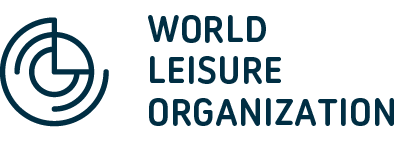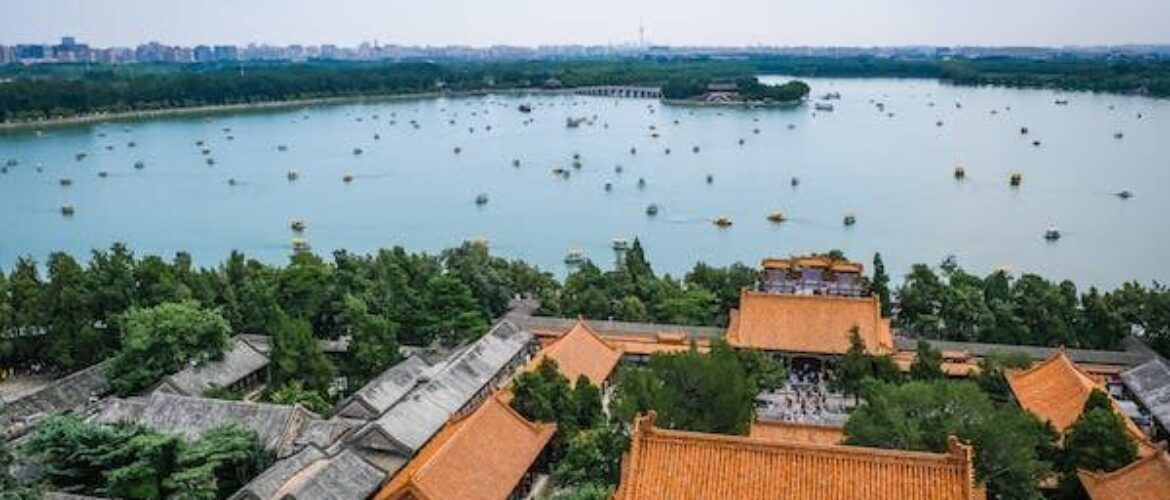By Prof. Ling Ping, WLO Special Interest Group (SIG) on Leisure and Sports
In order to assess “City of Sports Events” that promote the sustainable and healthy development of sports in China, we created the evaluation criteria of China’s city of sports events. In accordance with the “Fourteenth Five-Year Plan” for the Reform and Development of Sports in China, the Measures are formulated to target the developed cities of international sports events and in combination with the actual development of sports in China.
The City of Sports Events in China is based on the resources of sports events, within the scope of cities, and on the platform of holding high-quality competitions, to promote the integration and development of local economy, society, culture and environment, and to build a city brand with sports events as its popularity and influence.
The evaluation criteria of China’s city of sports events are mainly included within the following six parts.
- Event basis. It mainly refers to the basic conditions for access to the evaluation series of event cities, according to the ranking of China’s urban GDP as well as the first-class event venue gathering platform and domestic first-class sports events.
- Event resources. It mainly refers to all kinds of sports resources for holding and hosting sports events in the city, including (professional) sports clubs, ranking of games results, influence of sports events, utilization rate of stadiums and gymnasiums, maturity of the event system, intelligent degree of event venues, etc.
- Sports Event industry. It mainly refers to the market demand and economic benefits generated by the city holding and hosting sports events. It mainly includes the proportion of the event industry, the average annual value added of the event industry, event sponsorship, event media broadcasting, the driving effect of the event on the local economy, and event tourism consumption.
- Competition talents and intelligent management. It mainly refers to the number and quality of talents who hold and undertake professional sports events, and the scale and effect of young sports reserve talents. It includes intelligent management platform and various professional talents in terms of event organization and management talents, sports events and athlete scale carried out by teenagers, number and quality of sports event referees, event organization, planning, operation, management, scientific and technological support, etc.
- Public participation. It mainly refers to the breadth and depth of people’s participation in holding and hosting of sports events in the city, including the level of public sports services, the number and quality of social sports organizations, the number of people who often participate in physical exercise, the area of sports venues per capita, the qualified rate of national physical health, and the proportion of people who participate in organized sports activities to the number of people who often participate in physical exercise, The number of sports training venues related to city brand events and the sports cultural heritage left by the event to the city.
- Urban development. It mainly refers to the short-term and long-term effects of the event on the infrastructure construction of the city, improvement of road traffic, improvement of civilization, improvement of quality of life, acceleration of international development, highlighting of core competitiveness.





Leave a Comment